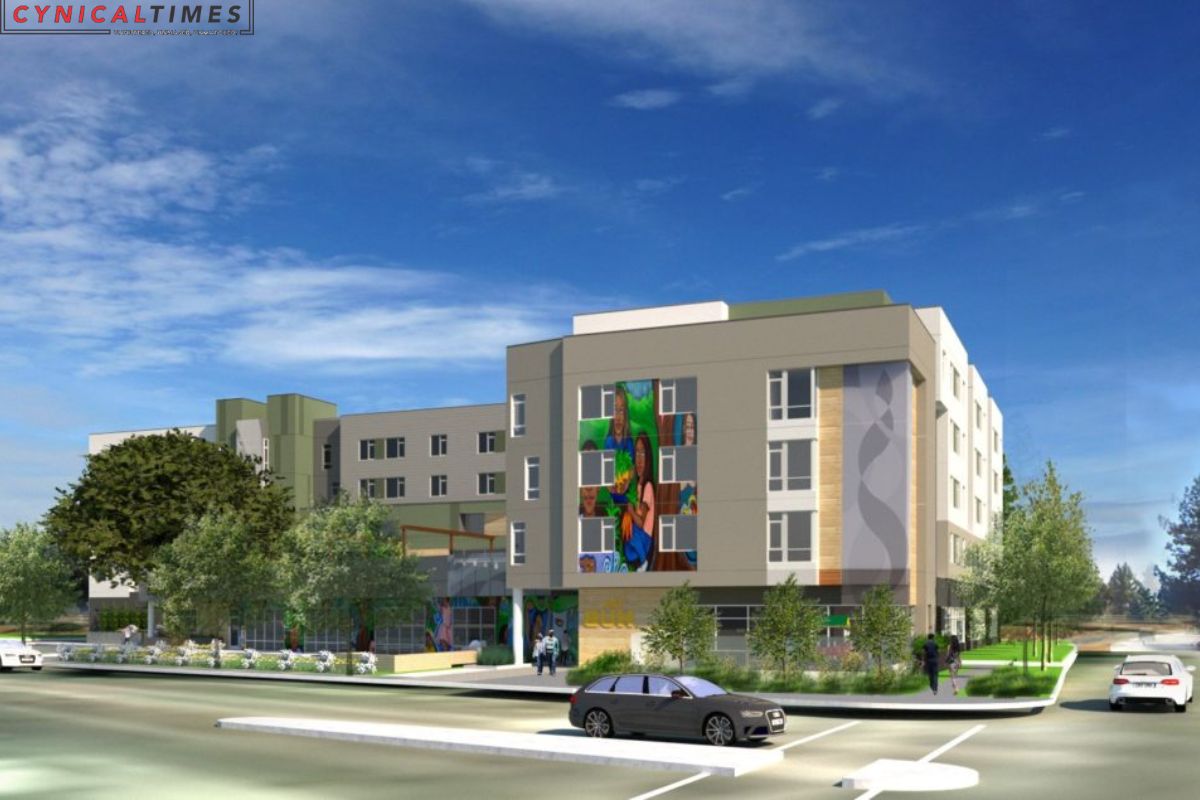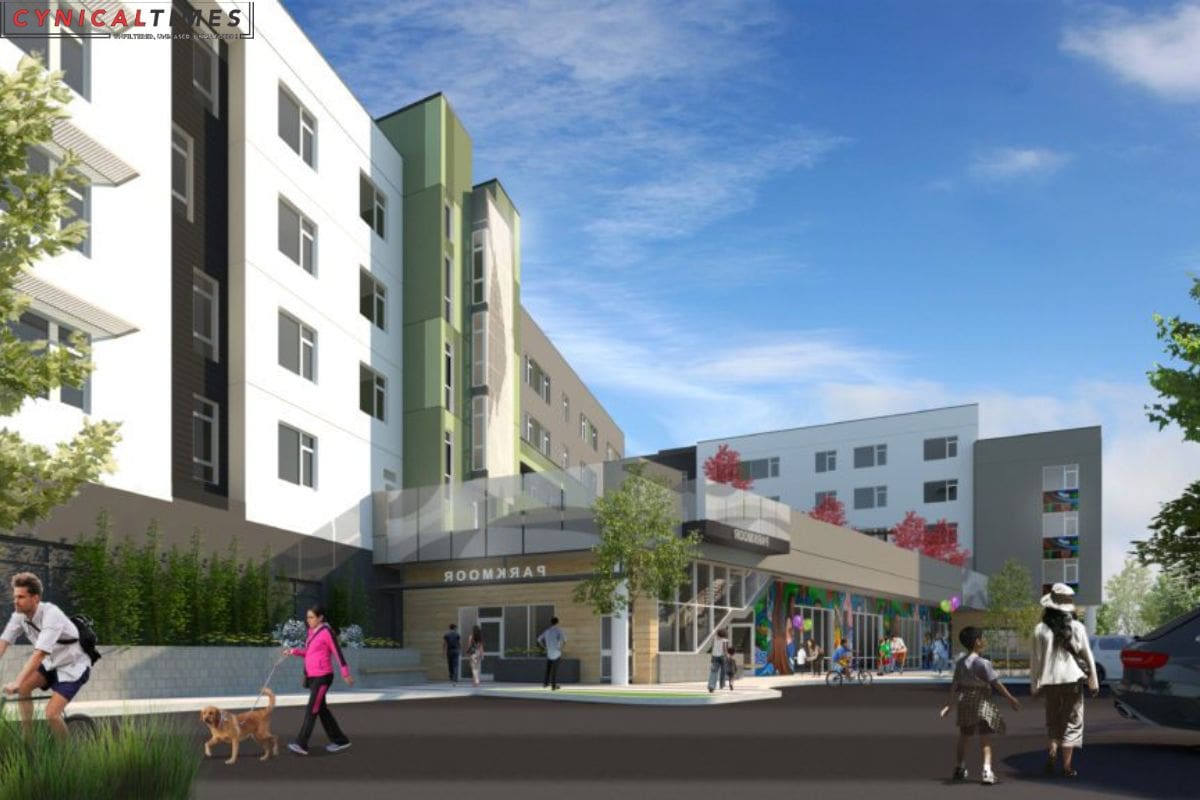Parkmoor Project: New construction is about to begin on a massive project in the middle of San Jose. Next month, work will start on a cheap housing complex focusing on helping homeless foster teens.
Many people on the San Jose City Council were excited about the nearly $40 million in state bonds that would be used to build 81 affordable units. Notably, most rooms are only for foster teens and adults between 15 and 24. On Parkmoor Avenue, not far from this massive project for change, is San Jose City College. The last few units will be used to house people with low incomes, and 20 will be set aside for people who have been homeless for over a year.
At Parkmoor, there will be more than just a place to live. It will be a neighbourhood hub called “The HUB.” Focusing on the foster kids who live in the building, this all-around centre will provide essential services like case management and help with transportation, food, clothes, and utilities.
This vital project now has an extra $32.6 million from Santa Clara County, and the city of Santa Clara has also pledged $16.8 million. In the opinion of Rachel VanderVeen, Assistant Director of Housing in San Jose, Parkmoor is an excellent chance to create a safe place, especially for foster children.
“We are creating a caring space for these kids to build a sense of community, in addition to giving them a home,” she says. On the bottom floor, a youth centre will be where they can learn, have fun, and meet new people. They live in apartments above that.
This life-changing project is led by Abode Assistance, a well-known organization that helps homeless people. Jon White, Chief Real Estate Officer at Abode Services, makes sure that all the needed money is available. The building process should begin in early November and end in June 2025. The whole project will cost around $80 million.
A four-story building called Parkmoor Hub will be put in a great spot close to bus and light rail lines, San Jose City College, a grocery store, and exercise centres to make it easy for residents to get around.
By going through San Jose, Abode Services got bonds from the California Debt Limit Allocation Committee worth almost $40 million. When the project is done, these bonds—which are a reliable way to pay for construction—will be returned through state tax credits. This is a common way for cheap housing developments to get money.
The flats must, among other things, stay cheap for 55 years so that the loans can be used. The Santa Clara County Housing Authority will also give them housing credits for 20 years, which will cover half of their costs. The rent for these flats is based on the average income in the area. Forty units can’t go over 30%, 24 units can’t go over 50%, and 15 units can’t go over 60%. In Santa Clara County, the median income for a family of four is $181,300, and the median income for a single person is $126,000.
The finishing of Parkmoor is not only an impressive feat but also a very important one for San Jose. The city has only reached 26% of its affordable housing goal in the last ten years, with only 5,519 new affordable homes built since 2014. But 16,379 market-rate homes have been built, which is 115% more than the city’s goal.


ALSO READ: South San Jose Daycare Tragedy : Community Grieves and Questions Child Safety
During the discussion, council member Dev Davis said he was worried that the city might be responsible for the project. She said that the city had promised to buy a property from First Community Housing for $13.5 million after the affordable housing company had trouble getting enough money for its McEvoy and Dupont buildings in downtown San Jose. The city loaned $13 million to First Community Housing in November of last year to keep them from defaulting on a bank loan for Second Street Studios.
Davis was worried about how the city would pay back the $16.8 million in bonds and the $39.8 million it owed Abode. He asked for reassurance that the company was financially stable.
Rachel Vanderveen responded confidently, saying that Abode is eventually responsible for the bonds and that the city’s loan will be paid back through rent at Parkmoor. She said that First Community Housing’s biggest mistake was not being able to get enough money during predevelopment, which is the most dangerous part of building cheap housing. She made it clear that this doesn’t apply to the Parkmoor project because it has full funds.
“The city has conducted careful due diligence, and we are confident that Parkmoor is in a secure position,” VanderVeen said. There isn’t much of a risk in the city.

